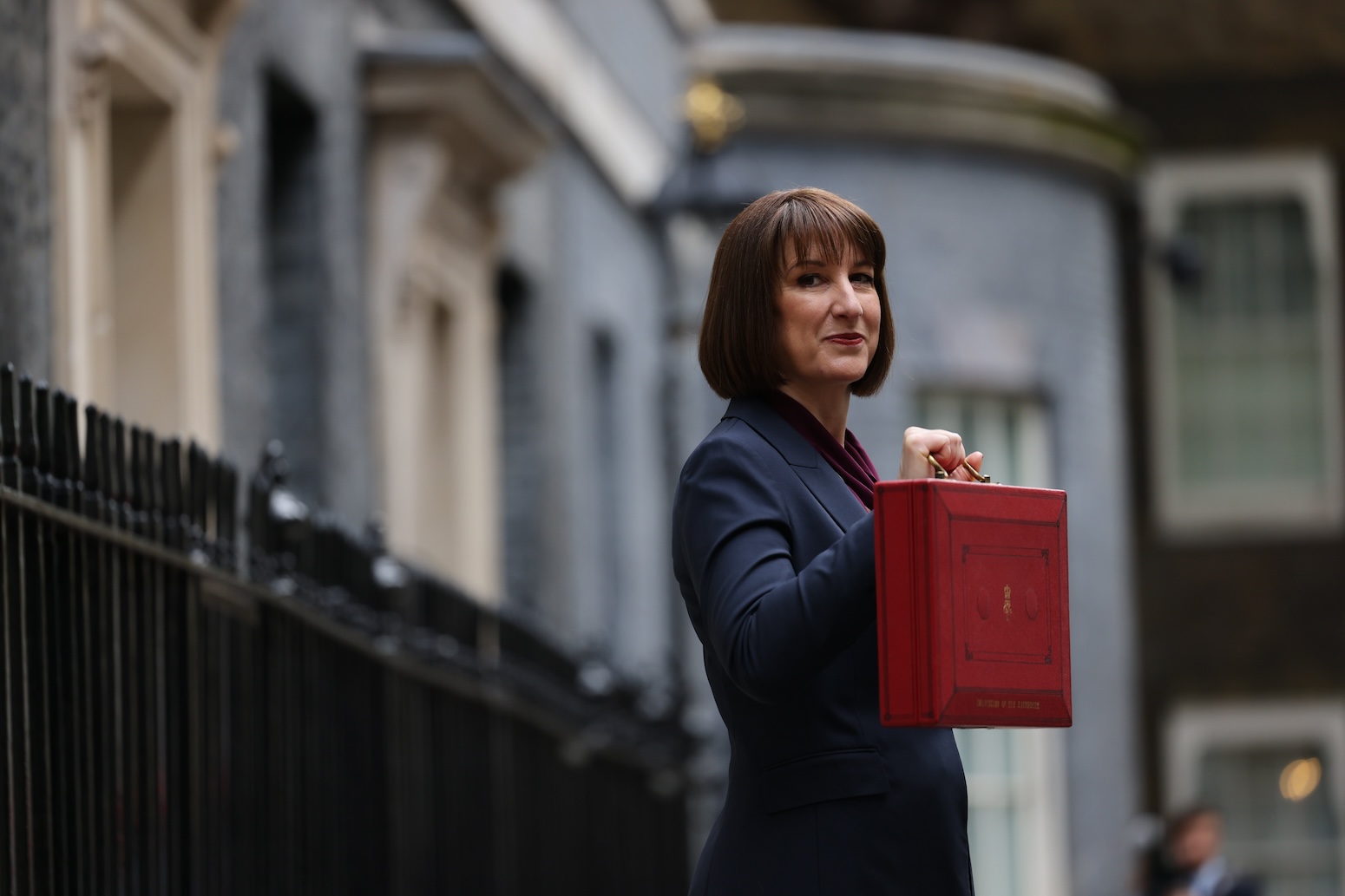Labour's First Budget in 14 Years Sets Course for Clean Energy Transformation
Key Ideas
- Chancellor Rachel Reeves delivered Labour's first budget since 2009, emphasizing increased investment in clean energy to make the UK a 'clean-energy superpower'.
- The budget maintained a freeze on fuel duty, despite costing the exchequer £100bn and contributing to higher carbon emissions.
- Other key announcements included tax hikes on private jets, incentives for electric vehicles, and investments in green hydrogen and carbon capture technologies.
- The new fiscal rules outlined in the budget aim to enable increased government investment in infrastructure and public services to spur economic growth.
UK Chancellor Rachel Reeves presented Labour's first budget in 14 years, focusing on fixing the economy's foundations through increased government investment. The budget included new fiscal rules to support priorities such as making the UK a 'clean-energy superpower'. Despite speculation, Reeves extended the freeze on fuel duty, leading to concerns about rising carbon emissions. The budget also featured measures like tax hikes on private jets, incentives for electric vehicles, and investments in green hydrogen and carbon capture technologies. Reeves emphasized the importance of driving innovation in the transition to clean energy and upgrading infrastructure. The budget's transport measures included maintaining the freeze on fuel duty, despite criticism for increasing CO2 emissions and Treasury costs. The government's decision to continue the freeze was supported by lobbying efforts, with strong opposition to any fuel duty increases. Overall, the budget aims to drive economic stability, investment, and reform by prioritizing clean energy and sustainable infrastructure.
